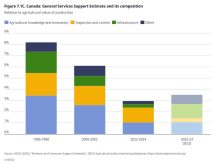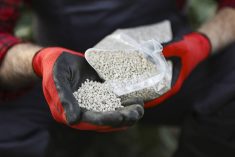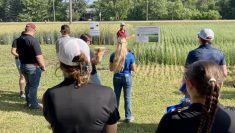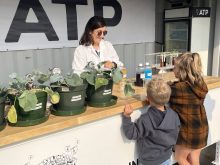After decades of exploration and several attempts, Manitoba’s first potash mine is up and running.
The Potash and Agri Development Corporation of Manitoba (PADCOM) mine is near Harrowby, 16 kilometres west of Russell. It is expected to produce between 100,000 and 250,000 tonnes of potash per year.
“After years of researching the potential of this resource, we are pleased to get to this historic point of producing the very first potash in Manitoba,” said PADCOM president Daymon Guillas. “It will be a catalyst for more economic development in our region and the entire province.”
Read Also
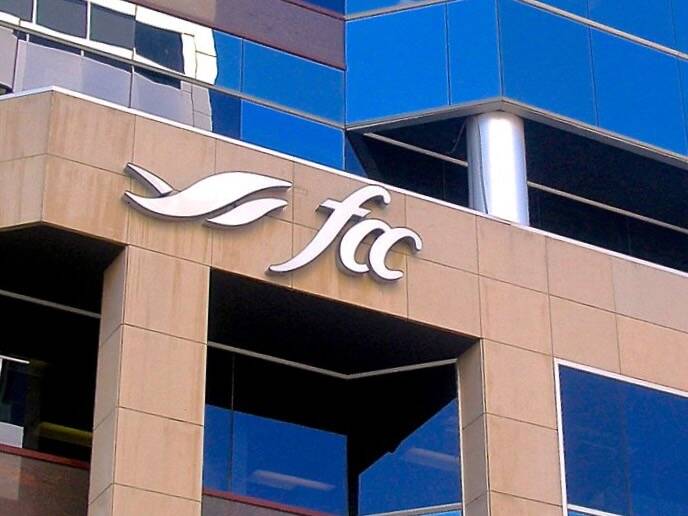
Farm Credit Canada forecasts higher farm costs for 2026
Canadian farmers should brace for higher costs in 2026, Farm Credit Canada warns, although there’s some bright financial news for cattle
Why it matters: The project is the first of its kind in Manitoba.
The mine’s projected output is small against the overall potash market. Operations across Saskatchewan, for example, produce more than one billion tonnes per year.
The Harrowby site uses a selective solution mining process. Heated brine is injected into the ground to dissolve the potash and the solution is then extracted. The low-impact process has a smaller environmental footprint than traditional mining methods.
The facility will also be carbon-neutral, largely due to its hydroelectric power use, the corporation has said. PADCOM has marketed the project as the lowest carbon-emitting potash mine in the world.
Last June, when the provincial government announced the venture had all necessary permissions to start extraction, Guillas projected that production would begin in the fall of 2022. He attributed delays to financing challenges related to the unique business model.
“We prefer to keep it locally owned,” he said, adding that the corporation turned down significant investments from out-of-province interests and even some local investors who weren’t an ideological fit.
“I’ve been in business long enough to know that if you don’t have aligned principles, you don’t go into business with each other,” he said.
While PADCOM is focused on making a profit, Guillas says the company’s commitment to fair wages, profit sharing and reinvestment in the local economy is sometimes a hard sell when seeking investors.
Those principles create budget constraints that the company has offset by scrimping in other areas, according to Guillas. One of those cost-saving measures was sourcing used equipment to get things up and running.
That has created its own challenges, “but we say that proudly,” said Guillas. “It’s used equipment that we’re making work because we’re on a limited budget and because we’re keeping it locally owned by people with the same principles.”
One local Indigenous community, the nearby Gambler First Nation, has invested $5 million. For that, it received 20 per cent equity ownership of the mine.
“Gambler First Nation is pleased to be an active partner on this project,” said Chief David LeDoux. “PADCOM’s approach to this development respects the land, the environment and the people in our region.”
Guillas is well-known in the region. He’s involved in real estate development and owns the Russell Inn, as well as a Tim Hortons and Subway franchise. He was among the partners who built and developed the Asessippi Ski Resort.
“There is great wealth associated with resource extraction and there are certainly benefits to the community during the construction phase,” said Guillas last June.
Though the life of a mine can stretch for decades, local benefits tend to diminish quickly once construction is done.
“We think we have a little better plan,” he said.
That plan involves what Guillas calls “social royalties.”
Those royalties will see 11 per cent of the corporation’s net profit shared with surrounding communities, including local First Nations, the Manitoba Métis Federation, a regional school program and a local economic development fund called Impower.
Local entrepreneurs can borrow money from this fund to start businesses. The loans don’t have to be paid back, at least not with dollars and cents. Instead, Impower asks the borrower to pay it back through community volunteerism, based on an hourly labour rate.
“We just think it’s a kinder way to do it. It helps people get a leg up and it gets a bit more community engagement,” Guillas said.
The mine will not be the last venture that PADCOM and Gambler First Nation have in mind for the region, according to Guillas. They are working to bring in a company from British Columbia that makes alcohol-based freezies and exports them to U.S. markets.
Gambler First Nation is providing the land and building to lower the capital costs of the move. PADCOM has a backseat on that project. There is also work afoot to attract a whisky distillery and a craft brewery to the area.
“So you’d have these three, side by side on Highway 16 in Russell,” Guillas said, adding that locally sourced grains would be used in the process.
“It’s fun to help grow an area, to create more jobs and to give people an opportunity,” he said. “It sort of lights people on fire.”





